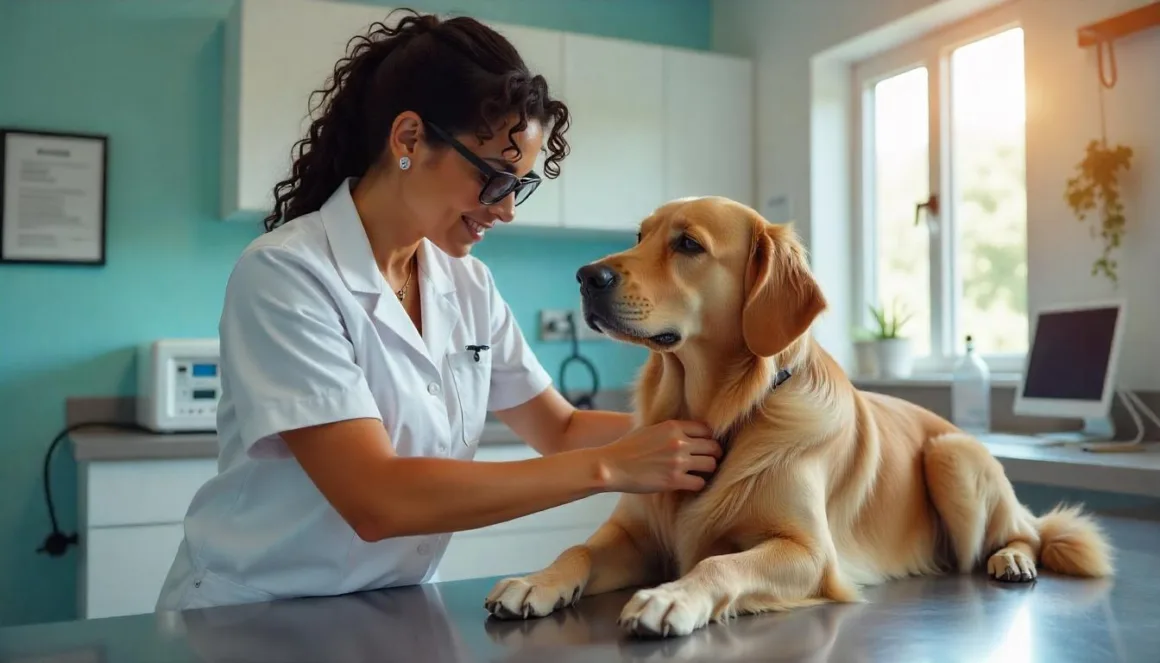Table of Contents Show
57% of British households own a pet, and being a pet parent brings its own set of joys, responsibilities, anxieties, and heartbreaks. Watching your furry friend in pain or unwell is a roller coaster that no pet owner ever gets used to. And on top of this, you also have to deal with the financial pressures; a standard visit to a vet costs £40-£50, but emergency out-of-hours service can be as high as £100-£300.
In the current economic climate, paying for unexpected costs can take a toll, but you cannot compromise your pet’s well-being. This is where direct loans come in handy. They are designed for situations like these, when you need immediate financial relief.
However, if you’re worried about the high interest rates and want to explore alternatives, we’ve got you covered. Let’s explore some ways you can better manage the financial responsibilities of being a pet parent.
Discuss the Cost of Treatment With the Vet
Speaking with your vet about the total cost of treatment will help you understand the cost estimate, especially in the case of a planned procedure. Some clinics provide alternative treatment approaches or discounted rates for long-term clients.
Always remember to get an estimate for any treatment or surgery your pet needs. This helps eliminate surprise charges and ensures you aren’t paying for unnecessary procedures. It’s a way to stay financially responsible while making sure your pet receives quality care.
Many veterinary clinics offer flexible payment plans, allowing you to pay in installments, easing the burden of a large upfront payment.
Consider Pet Insurance
Pet insurance can be a lifesaver when unexpected medical costs arise. If your pet is healthy, getting insurance early can secure a lower premium than if you wait until a pre-existing condition develops.
Depending on the insurance plan you choose, it can cover anything from emergency surgeries to long-term treatments. Pet insurance might seem like an added upfront cost, but it prevents you from breaking the bank during an emergency.
Compare Costs
Not all veterinary clinics charge the same rates; some offer the same level of care at a more affordable price. It’s well worth doing a bit of research and comparing local practices to find the best value for money without compromising on quality.
Non-profit organisations like Animal Trust offer reduced-cost consultations and treatment, which could help you save significantly on vet bills. While emergency visits will still cost you a tad more than routine check-ups, non-profit vets often have lower base rates than standard practices.
If a treatment seems too expensive, consider getting a second opinion. Some vets may suggest procedures that aren’t immediately necessary, while another professional might offer a less costly alternative.
Taking time to explore different opinions ensures that you make an informed financial and medical decision for your pet.
Look Into Pet Health Clubs and Fixed Plans
Some veterinary practices offer health clubs or monthly pet care plans that allow you to spread out costs instead of paying for everything in one go. These plans often include annual health check-ups, vaccinations, flea and worming treatments, and even discounts on food, toys, and accessories.
Signing up for a fixed monthly payment plan can help reduce the financial strain of ongoing pet care, making it easier to budget for routine expenses while ensuring your pet stays healthy.
Avoid DIY Remedies to Cut Costs
When money is tight, it can be tempting to try home remedies or take advice from well-meaning friends instead of visiting the vet. However, many common human medications are toxic to pets, and what works for one animal may not be safe for another.
For example, paracetamol is highly toxic to cats, and ibuprofen can be dangerous for both cats and dogs. Misusing medication can result in severe complications, leading to even higher vet costs and, in extreme cases, could be fatal for your pet.
Always consult a licensed veterinarian if you notice any unusual behaviour, illness, or injury. Getting professional advice early on can help prevent more significant health issues and save you money in the long run.
Look for Charities That Help With Vet Bills
If you’re struggling financially, several charities and non-profit organisations offer financial aid for vet bills or provide low-cost treatment.
- PDSA: They provide free or subsidised vet care for pet owners who receive government benefits and live within their hospital’s catchment area.
- RSPCA: This charity operates affordable veterinary clinics across England, offering low-cost treatments to those who meet the eligibility criteria.
- Blue Cross: This company offers means-tested financial support to low-income families, ensuring pets get the care they need without placing an excessive financial burden on owners.
These organisations can help significantly reduce costs, ensuring your pet gets medical attention even if finances are tight.
Summing It Up
Handling unexpected vet bills can be stressful, but resorting to loans isn’t the only way out. Being proactive with financial planning ensures your pet gets the care they need. A little preparation today can go a long way in ensuring that both you and your furry friend enjoy a happy, healthy future.
FAQ
Some alternatives to payday loans for covering vet bills include pet insurance, personal loans from banks or credit unions, veterinary payment plans, crowdfunding, and assistance from animal welfare organizations.
To budget for unexpected vet expenses, consider setting up a dedicated savings account for pet care, regularly contributing to it, and estimating potential costs based on your pet’s health needs and previous veterinary visits.
If you cannot afford your pet’s vet bill, communicate openly with your veterinarian about your financial situation. They may offer payment plans and discounts or refer you to organizations that can help with financial assistance.
Yes, several organizations provide financial assistance for pet medical expenses, such as the Pet Fund, RedRover, and the Humane Society. It’s advisable to research and apply for assistance as soon as possible.
Pet insurance can help cover a portion of your pet’s veterinary expenses, depending on the plan you choose. It typically reimburses you for eligible costs after you pay your vet, reducing the financial burden of unexpected medical bills.









